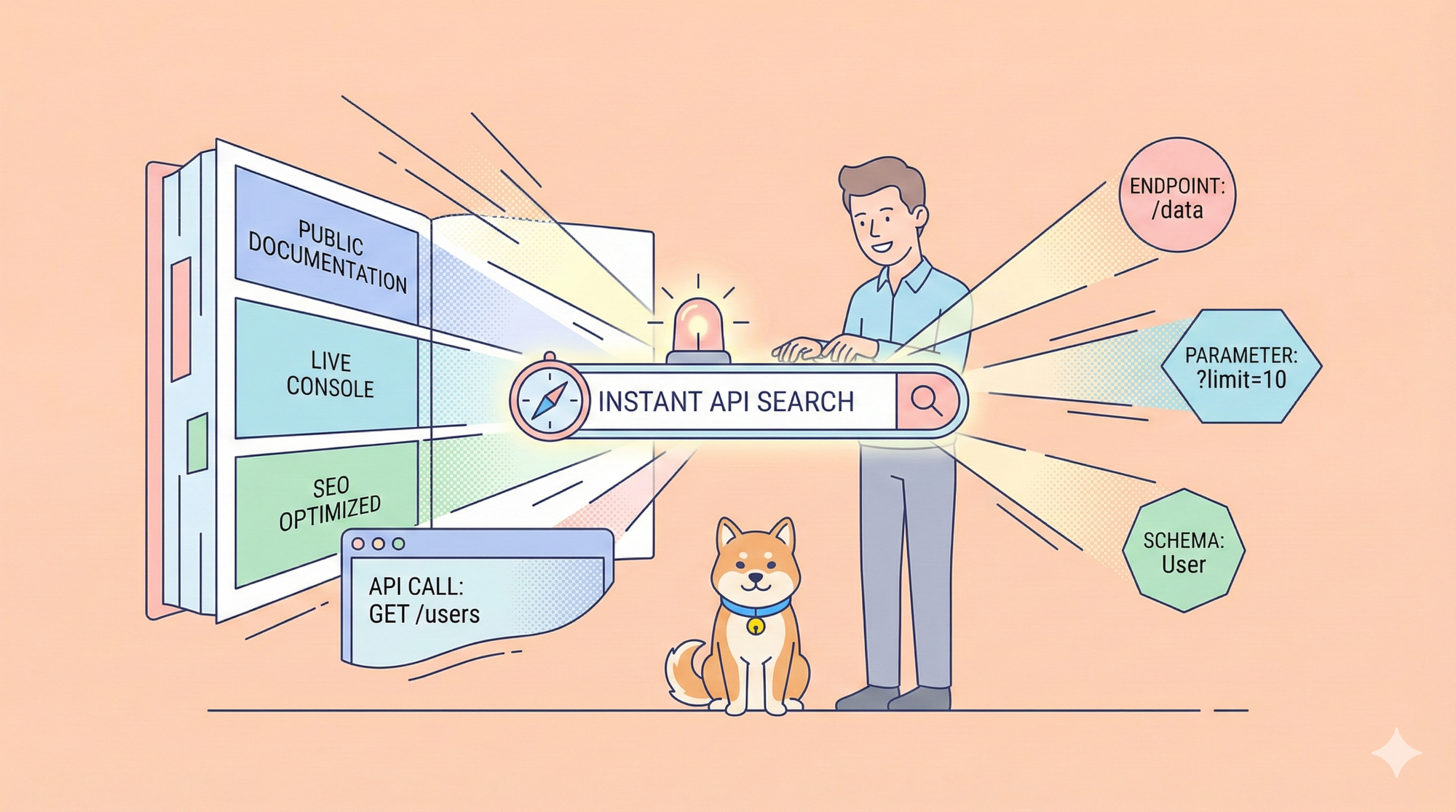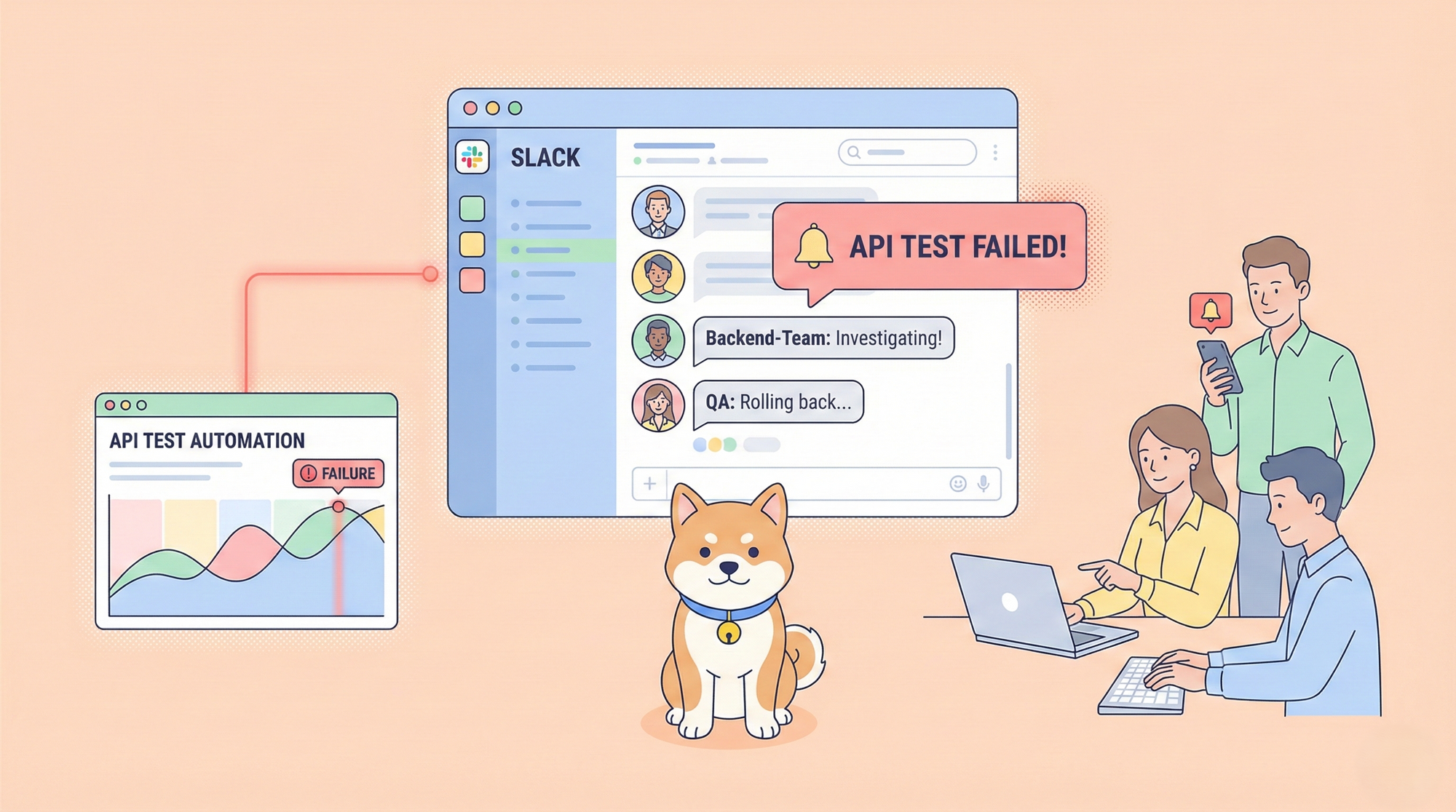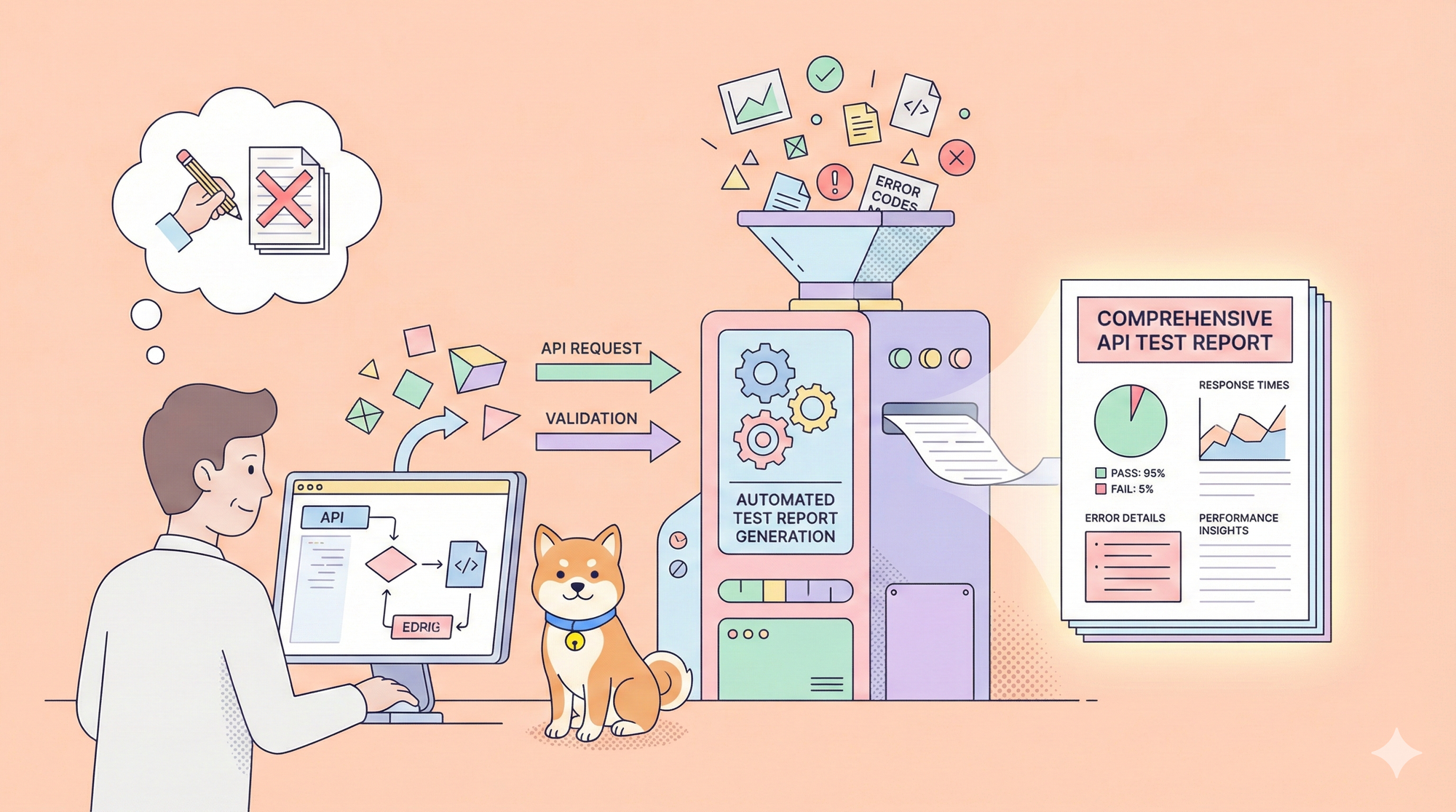In the ever-evolving world of technology, productivity tools and smart agents have become essential for developers. Today, we’re diving deep into one such tool that’s making waves: Replit AI Agent. Whether you’re a beginner or a seasoned coder, the Replit AI Agent promises to supercharge your workflow, making development faster, easier, and more intuitive. If you’re wondering how this AI-driven agent can transform your coding experience, keep reading.
Before we dive into the features of Replit AI Agent, here’s a quick recommendation.
Now, let’s get into it!
What is the Replit AI Agent?
Replit AI Agent is an AI-powered tool built into the Replit coding environment. Replit, for those unfamiliar, is an online integrated development environment (IDE) that allows users to write and execute code directly in their browser. It supports various programming languages and is popular for its user-friendly interface and collaboration features. However, the Replit AI Agent takes things a step further by enhancing how developers interact with code, providing real-time assistance, and automating tasks.

This agent is designed to help coders in real-time, whether you're troubleshooting an error, looking for coding suggestions, or even optimizing existing code. It’s an intelligent assistant, ready to help, just like a seasoned mentor standing over your shoulder.
Why Should You Care About Replit AI Agent?
If you’ve ever spent hours debugging, searching for the right libraries, or even figuring out the correct syntax, you know how time-consuming coding can be. The Replit AI Agent is built to address these pain points. It not only helps you write better code faster but also reduces the cognitive load by automating routine tasks and guiding you through complex problems.
By integrating Replit AI Agent into your workflow, you can focus more on creativity and problem-solving rather than mundane coding tasks. The result? More time spent on the fun stuff and less time wasted on repetitive chores.

Key Features of Replit AI Agent
1. Real-time Code Assistance
One of the most impressive features of Replit AI Agent is its ability to provide real-time code assistance. As you type, the agent suggests lines of code, corrects syntax errors, and even helps with logic flow. This is incredibly helpful for beginners still learning the ropes of programming.
For experienced developers, this feature can save hours of debugging and searching through documentation. The AI is trained on vast amounts of code and documentation, allowing it to provide intelligent suggestions that go beyond simple auto-completion.

2. Instant Bug Fixing
Encountering bugs is inevitable in programming. But with the Replit AI Agent, bug fixing becomes a less daunting task. When you hit a snag, the agent can analyze the problem and offer solutions, often suggesting fixes on the fly. This feature is particularly useful for complex projects where bugs can easily slip through the cracks.
What’s more, the AI doesn’t just find the bug—it explains why the bug occurred and how to prevent similar issues in the future. This not only improves your current project but also helps you become a better coder in the long run.

3. Automated Code Refactoring
Writing functional code is just the beginning; making it efficient and readable is equally important. This is where Replit AI Agent shines with its automated refactoring capabilities. The agent can analyze your code and suggest improvements, such as simplifying logic, optimizing loops, or using more efficient data structures.
The beauty of this feature is that it promotes best practices, helping you write cleaner, more maintainable code without needing to spend hours manually refactoring.

4. Natural Language Queries
Another standout feature is the ability to interact with Replit AI Agent using natural language queries. Suppose you’re unsure how to implement a particular algorithm or use a specific librarian in your project. Instead of searching for documentation or scouring forums, you can simply ask Replit AI Agent in plain English. For instance, you might type, "How do I implement a binary search in Python?" and the agent will provide you with an accurate, working example right inside your coding environment.
This natural language processing (NLP) feature transforms the way we interact with code. No longer do you need to remember complex syntax or obscure functions from memory. Instead, the AI agent acts as your personal assistant, ready to help at any moment with intuitive, easy-to-understand responses.

5. Multi-Language Support
Replit AI Agent isn't limited to a single programming language. Whether you’re working with Python, JavaScript, Ruby, or even niche languages like Rust or Julia, Replit AI Agent has you covered. Its ability to provide support across multiple languages makes it versatile and suitable for a wide range of development projects.
For teams working in polyglot environments or for developers learning new languages, this feature can significantly reduce the learning curve. You won’t need to switch between different IDEs or coding tools just because you’re working in a different language—the Replit AI Agent adapts to your coding environment, making it an all-in-one solution.
6. Code Collaboration and Pair Programming
Replit has always been strong in collaborative coding, and the AI Agent enhances this aspect even further. The agent assists not only individual developers but also teams working on the same project in real-time. When multiple developers are coding in the same environment, the AI can help manage merges, suggest optimizations across contributions, and reduce conflicts by intelligently understanding the context of the code.
This is particularly useful for pair programming, where two developers work on the same task. The Replit AI Agent can act as a third "pair" of eyes, suggesting improvements or catching potential issues that both developers may have missed. It ensures that coding becomes more of a collaborative, intelligent process, driving productivity.
API Design and Testing with Apidog
We touched briefly on how Replit AI Agent integrates with Apidog, but it’s worth diving deeper into how these two tools together can streamline your API workflows.
APIs are the backbone of modern applications, enabling communication between different services and platforms. However, managing them can sometimes be cumbersome, especially if you’re juggling multiple endpoints, authentication, and different request methods. Apidog simplifies this process, allowing you to design, test, and document APIs without hassle.

With Replit AI Agent and Apidog working in tandem, here’s what you can expect:
API Design: You can quickly create API documentation in Apidog and integrate it with Replit. The AI agent can help you build the API requests within your code, ensuring you’re using the correct endpoints, headers, and parameters.
Testing APIs: Testing APIs often requires running different requests manually to verify their responses. The Replit AI Agent helps automate this process by suggesting or generating test scripts. Combined with Apidog, you can instantly validate these API calls without leaving the editor.
Error Handling: If your API call fails, the Replit AI Agent steps in to help debug the issue. It might suggest a misconfigured header, a wrong parameter, or even identify network-related issues. This saves you the trouble of manually digging through documentation to figure out what went wrong.

The Future of AI in Development
As AI technology continues to evolve, tools like Replit AI and Apidog will become even more integral to the developer workflow. Imagine a future where AI can manage entire projects, from writing code to deploying applications—all while collaborating seamlessly with human developers.
The integration of tools like Apidog suggests that the future of software development will be even more automated and collaborative. Developers will focus more on problem-solving and innovation, while AI handles the repetitive and mundane tasks.



